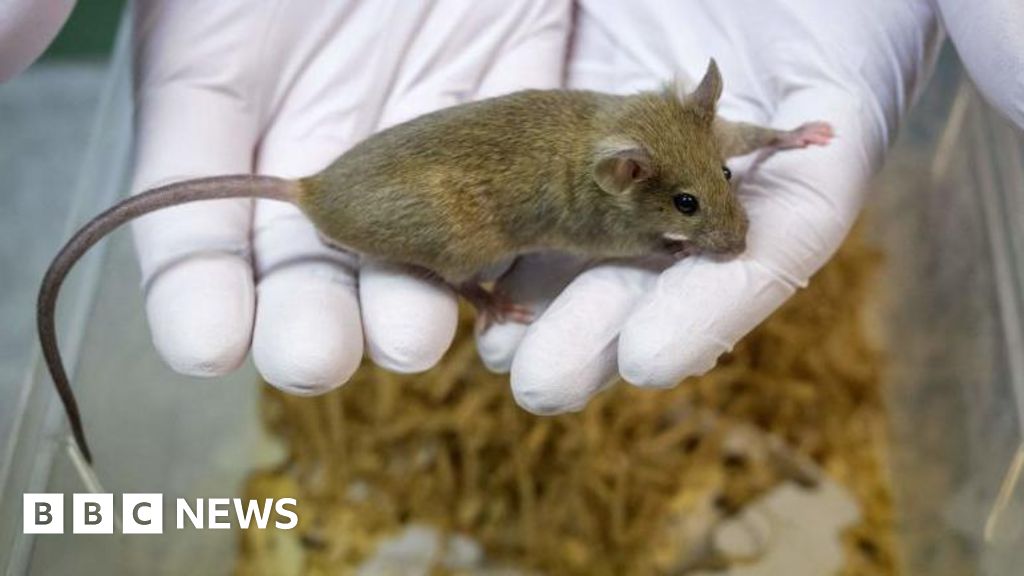One AI project being built to try to replace the need for future animal testing is called AnimalGAN. Developed by the US Food and Drug Administration, the software aims to be able to accurately determine how rats would react to any given chemical.
The AI was trained using data from 6,442 real rats across 1,317 treatment scenarios., external
A similar international project called Virtual Second Species is creating an AI-powered virtual dog, which is being trained using the data from historic dog test results.
Cathy Vickers is head of innovation at the UK’s National Centre for the Replacement, Refinement and Reduction of Animals in Research, which is part of the scheme.
She explains that new medicines are currently first tested both on rats and dogs to check for potential toxicity, before human trials potentially start.
Going forward the major challenge for AI testing is getting regulatory approval. Dr Vickers acknowledges that “full acceptance will take time”.
Yet Emma Grange, the director of science and regulatory affairs at pressure group Cruelty Free International, counters that animal testing should simply be banned, regardless of whether AI-powered alternatives are effective or not.
“At the moment, it is not clear how or if new technologies such as AI could contribute to actually ending testing on animals, rather than just reducing or refining such testing,” she says.
“But we do know that the use of animals as models for the protection of human health and the environment is outdated science, and hope that ultimately AI can play a part in a transition away from using animals in any test or experiment.”
Credit: Source link










